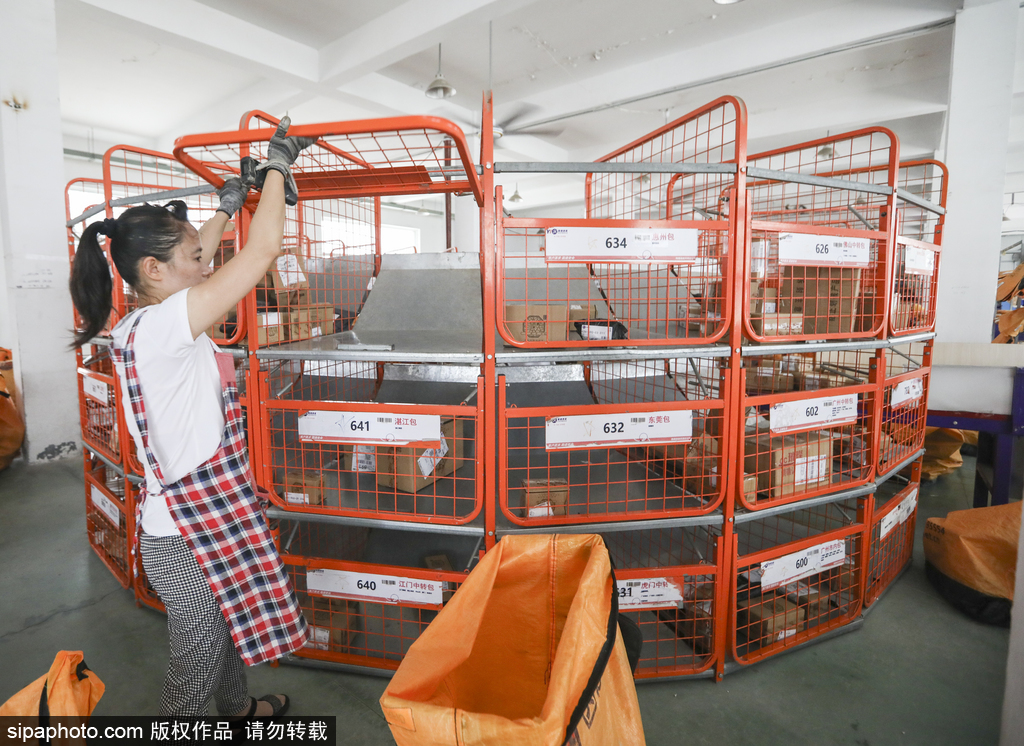China to establish 46 pilot zones for cross-border e-commerce


China will establish 46 pilot zones for cross-border e-commerce to promote stable development of foreign trade, Sina reported on Wednesday.
As an emerging business form, cross-border e-commerce has been surging rapidly in recently years. From experiences in the previous 59 cross-border e-commerce pilot zones, preferential policies including tax exemption can effectively promote cross-border e-commerce development.
The expansion of cross-border e-commerce pilot zones aims to allow more areas to benefit from the profits and effectively hedge against the downward pressure of foreign trade growth, said Zhao Ping, director of the international trade research department at the China Council for the Promotion of International Trade Academy.
Large-scale expansion of pilot zones can also help further their role as a new growth engine for foreign trade, Zhao added.
Meanwhile, the 127th session of the China Import and Export Fair, or the Canton Fair, will be held online in June, as one of the slew of measures to tackle challenges brought by the novel coronavrius pneumonia. The fair was previously scheduled between April 15 and May 5.
International businesses are invited to showcase their products online with the aid of cutting-edge technologies. All-day services including online promotion, match-making on supply and purchase sides, and online negotiation are provided to allow the business platform to facilitate online orders for international businesses.
Online business will be the trend of future economic development and with the trade liberalization and digitalization of society, more business will be conducted online. The outbreak of COVID-19 also provided an opportunity and a forced mechanism to speed up online business development and digitalization of the Canton Fair, Zhao said.
China's foreign trade has been impacted by the ongoing epidemic and the country's imports and exports totaled 4.12 trillion yuan ($590 billion) in the first two months of this year, down by 9.6 percent year-on-year, according to statistics from the General Administration of Customs.
Currently, the impact of net exports on China's economy is very small, probably accounting for only 2 to 3 percent of the GDP, and the negative impact on China's economy may be limited, said Li Gang, researcher for the Institute of Industry and Commerce at the Chinese Academy of Social Sciences.
Moreover, the epidemic has brought new economic growth points including demand for masks, so the novel coronavirus pneumonia has limited impact on China's foreign trade and economic development, Li said.
To stabilize foreign trade and investment, the country has launched a slew of measures, including optimizing export tax rebate (exemption) services, increasing credit support, issuing force majeure factual certificates, and implementing more favorable import taxation polices.




































